Health is the most valuable asset, the foundation of sustainable development. However, for millions of low-income people, access to health services remains a difficult journey. Many families only need one serious illness to fall into debt, even exhaustion. In this context, the policy of exempting hospital fees for low-income people is considered a humane solution, demonstrating the spirit of "leaving no one behind" and for the health of the whole community.
Policy for social justice
Speaking at a recent conference on social security, Prime Minister Pham Minh Chinh emphasized: “The State must ensure that all people, especially the disadvantaged, have access to basic and essential health services. This is not only a right, but also a decisive factor for the country to develop sustainably.”
For many years, Vietnam has expanded its coverage. Health insurance (HI) coverage reaches over 93% of the population. However, there are still a number of poor people, informal workers, and those who are not eligible for health insurance who face financial barriers when going to the hospital. Exempting hospital fees for this group is the next step to strengthen social justice and reduce inequality in health care.
At Bach Mai Hospital, Mrs. Tran Thi Lanh (from Nam Dinh ), 62 years old, a street vendor for many years, emotionally shared: “I have had diabetes for many years, and the medicine is expensive. Many times when I am seriously ill, I do not dare to go to the hospital because I am afraid of the hospital fees. If the hospital fees are exempted, we will be able to rest assured about our treatment and live healthy to take care of our grandchildren.”
Mrs. Lanh’s story is not uncommon. According to statistics from the Ministry of Health, every year tens of thousands of households fall below the poverty line due to medical expenses. This shows that free hospital fees are not only a social security policy, but also an effective measure to prevent falling back into poverty.
Lieutenant General, Associate Professor, Dr. Nguyen Xuan Kien, former Director of the Military Medical Academy, affirmed: “Exempting hospital fees for low-income people is an important step to ensure public health. But the most important thing is to link it with transparent management of health spending, avoiding the situation of taking advantage of policies.”
From an economic perspective, Associate Professor, Dr. Tran Dinh Thien, former Director of the Vietnam Economic Institute, analyzed: “Medical costs are one of the leading causes of poverty. Free hospital fees may increase the budget burden in the short term, but the long-term benefits are huge: a healthier workforce, higher productivity and a more stable society. This is an investment for sustainable development.”
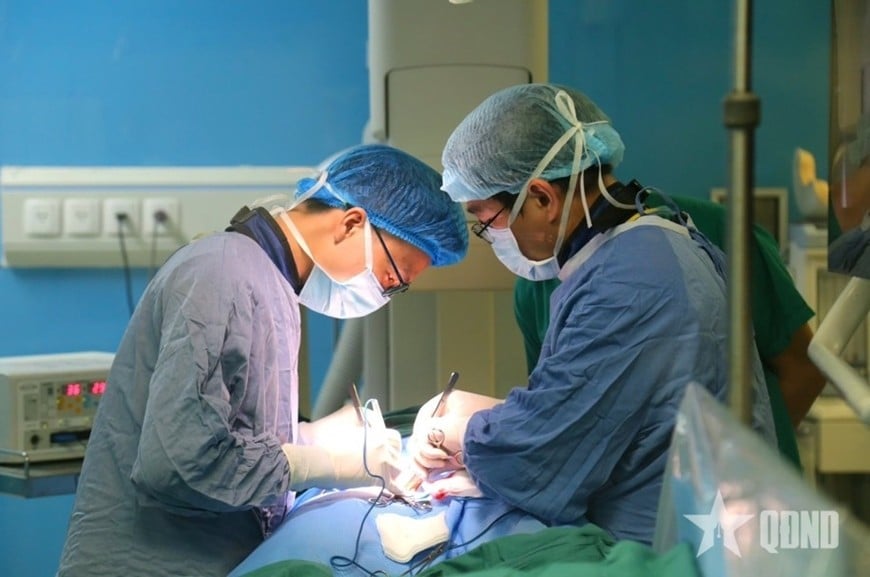
International experience and lessons for Vietnam
Many countries have introduced policies to exempt or significantly reduce medical fees for the poor. In Thailand, the “30 baht for all” program gives people access to basic health care for a nominal fee. In the UK, the National Health Service (NHS) provides free medical care to all citizens.
Vietnam has different conditions, but lessons can be drawn: (1) Policies must be accompanied by strict monitoring mechanisms; (2) Allocate the budget fairly, avoiding spreading; (3) Encourage hospitals to save costs and apply technology to improve efficiency.
For the policy of free hospital fees for low-income people to be truly effective, many solutions need to be synchronized: (1) The Law on Medical Examination and Treatment (amended) needs to specify the subjects, criteria and sources of payment; (2) Combining free hospitalisation with the inclusion of all low-income people in the compulsory health insurance system to ensure sustainability; (3) Establishing an independent inspection mechanism and publicising data to avoid loss and abuse; (4) Deploying electronic medical records and remote medical examination and treatment helps reduce management costs and is convenient for patients; (5) Promoting the strengths of the military health system in supporting remote areas where the poor are concentrated.
Free hospitalisation for low-income people not only eases the burden on individual families, but also protects public health, strengthens social security and creates momentum for national development.
As General Secretary Nguyen Phu Trong has repeatedly emphasized: “All policies of the Party and State must be directed towards the people, for the happiness of the people.” The policy of free hospital fees is a clear demonstration of that spirit.
In the 21st century, a strong nation is not only measured by GDP or modern weapons, but also by the health, intelligence and safety of each citizen. Free hospital fees for low-income people is the way for Vietnam to step more firmly on the path of building a humane, fair and prosperous society.
Source: https://baolangson.vn/mien-vien-phi-cho-nguoi-thu-nhap-thap-chinh-sach-nhan-van-vi-suc-khoe-cong-dong-5059534.html



![[Photo] Closing of the 13th Conference of the 13th Party Central Committee](https://vphoto.vietnam.vn/thumb/1200x675/vietnam/resource/IMAGE/2025/10/08/1759893763535_ndo_br_a3-bnd-2504-jpg.webp)








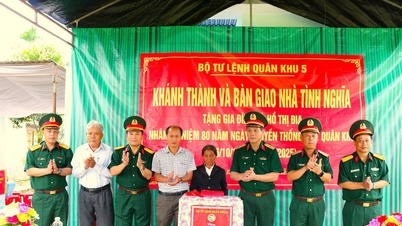

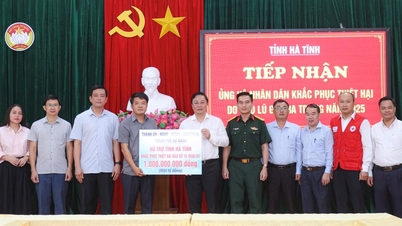










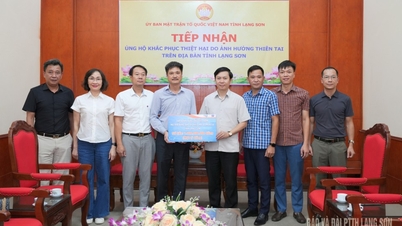






























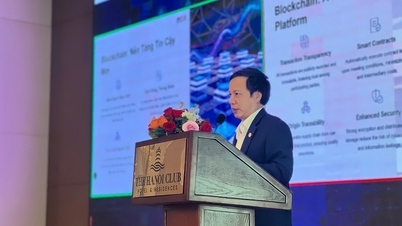
















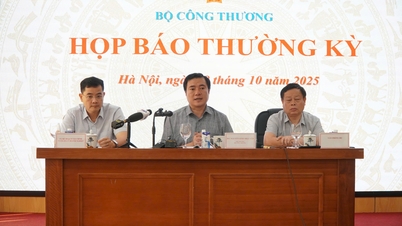

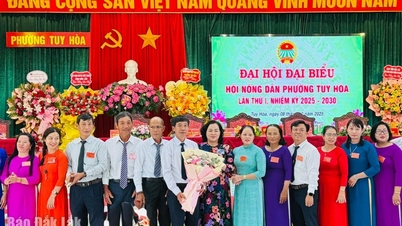















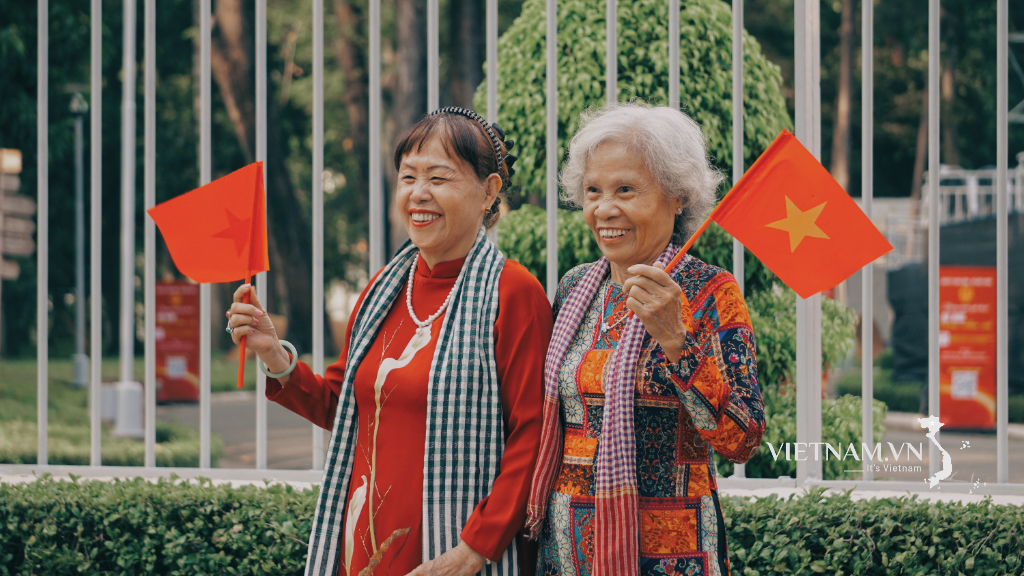



Comment (0)